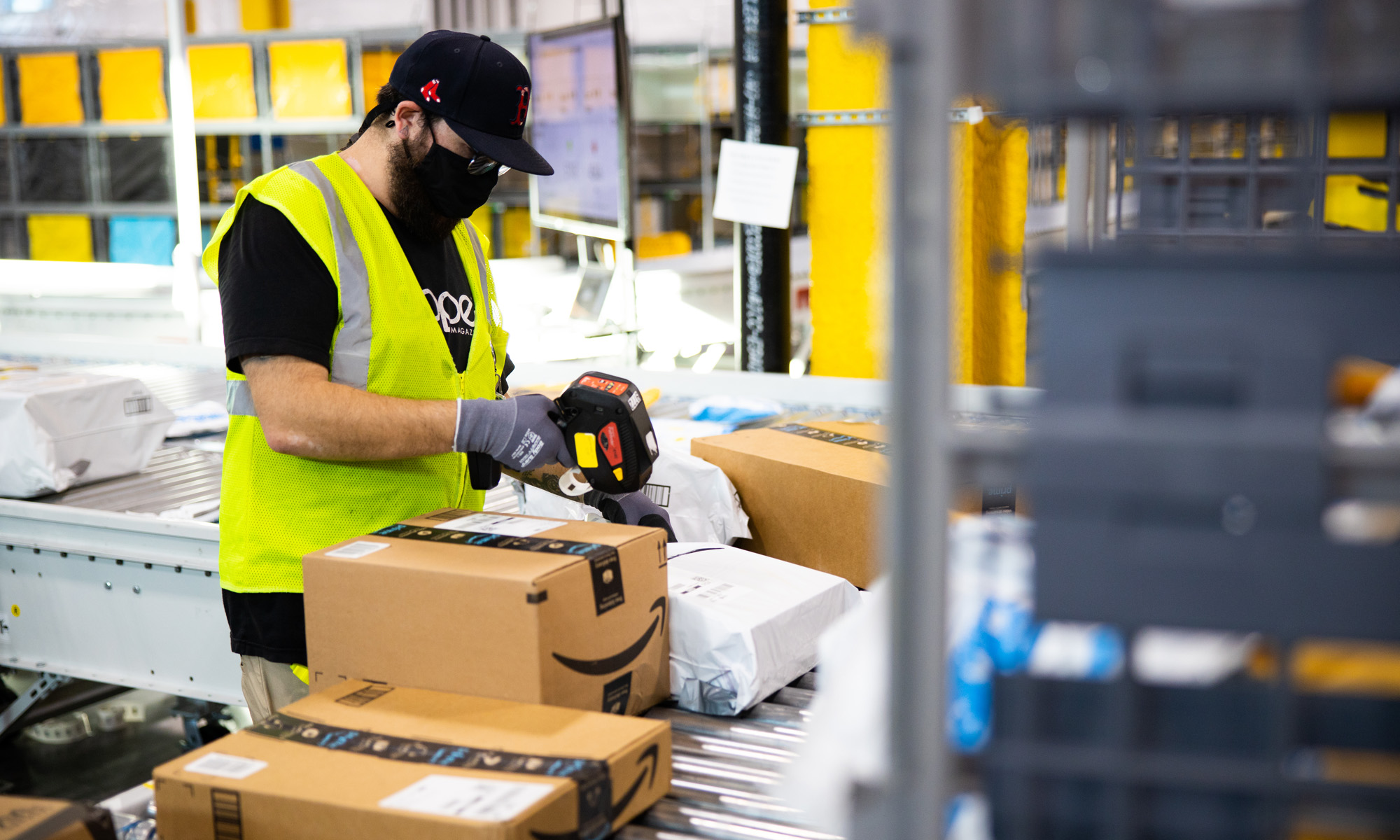News
Amazon Launches Its Prime Membership Program In Saudi Arabia

Amazon has announced that it’s making its Prime membership program, which currently has around 150 million members around the world, available to consumers in Saudi Arabia.
“We are thrilled to announce the launch of Amazon Prime in Saudi Arabia, providing customers with the best of shopping and entertainment,” Ronaldo Mouchawar, CEO and co-founder of Souq.com, the largest e-commerce platform in the Arab world, owned by Amazon, Inc. “Customers in Saudi Arabia can now enjoy all the benefits included in this program, starting with free and faster delivery times,” he added.
More specifically, the Prime membership comes with free one-day shipping to all key metropolitan areas; free two-day shipping to cities such as Jubail, Khamis Mushayt, Hail, Abha, and others; and free delivery to all other areas 4 to 6 days.
In addition to free local delivery, Amazon Prime members can order international items from Amazon.sa and have them shipped for free in 2 business days from Amazon UAE or 7 business days from Amazon US (eligible for orders over 200 SAR).
If free shipping doesn’t excite you much, then you might be happy to learn that Amazon Prime membership also includes non-shipping benefits. Prime members can watch popular movies and TV shows on Prime Video (complete with Arabic subtitles and dubbing), get exclusive gaming content on Prime Gaming, and enjoy attractive shopping deals throughout the year.
Also Read: Hyperloop Video Provides A Peek At The Future Of Transportation
All this and more for just 16 SAR per month with monthly billing or 12 SAR per month with annual billing (140 SAR in total). New members can sign up for a 30-day free trial to see what the service is all about before spending any money on it.
News
Mamo Completes $3.4M Funding Round To Enhance Fintech Services
The startup will use the influx of cash to expand into Saudi Arabia and across the wider GCC while improving its product offering.

UAE-based fintech Mamo has announced the completion of a $3.4 million funding round that will help the startup extend its market presence and improve its product offering. Investors included 4DX Ventures, the Dubai Future District Fund and Cyfr Capital.
Mamo’s platform offers “payment collection, corporate cards and expense management” to help small and medium-sized businesses consolidate and streamline their operations. With the latest influx of capital, Mamo will further develop its comprehensive suite of services and begin testing its product lines in Saudi Arabia, further extending its footprint across the GCC.
Imad Gharazeddine, co-founder and CEO of Mamo, stated: “We’ve been in the market for a while now and are incredibly proud of what our team has achieved. The holistic and expansive nature of our product offering has helped us continue to grow sustainably. This additional funding will allow us to reach our medium-term goals even faster. The support from new and existing investors is a testament to our strong expertise and the ability to deliver on our customer promise”.
Daniel Marlo, General Partner of lead investor 4DX Ventures, added: “We have immense trust in Imad’s vision, leadership and Mamo’s innovative approach to provide a user-friendly and comprehensive financial solution for SMEs that makes financial management more accessible and efficient. We are proud to partner with them and support their mission”.
Also Read: A Guide To Digital Payment Methods In The Middle East
Amer Fatayer, Managing Director of Dubai Future District Fund’s investment team, also commented: “Mamo’s localized product lines serve as an infrastructure for SME payments and spend management in UAE, a segment that is underserved by the country’s current banking infrastructure. The team has taken a product-first approach to consolidating SMEs’ financial journeys and building a fintech solution deeply embedded in a business’s core operations”.
To date, Mamo has raised around $13 million in investment funding and now boasts a team of 30 people. The company’s intuitive financial services platform has allowed over 1,000 businesses to consolidate their financial operations and significantly reduce payment fees.
-

 News4 weeks ago
News4 weeks agoAmazon Prime Day 2024: Get Ready For 6 Days Of Amazing Deals
-

 News4 weeks ago
News4 weeks agoSamsung Unpacked 2024: What To Expect From The July 10 Event
-

 News4 weeks ago
News4 weeks agoCoursera Report Shows Surge In UAE Interest In AI Upskilling
-

 News4 weeks ago
News4 weeks agoMeet Dubai’s Groundbreaking Smart Robot Delivery Assistant














